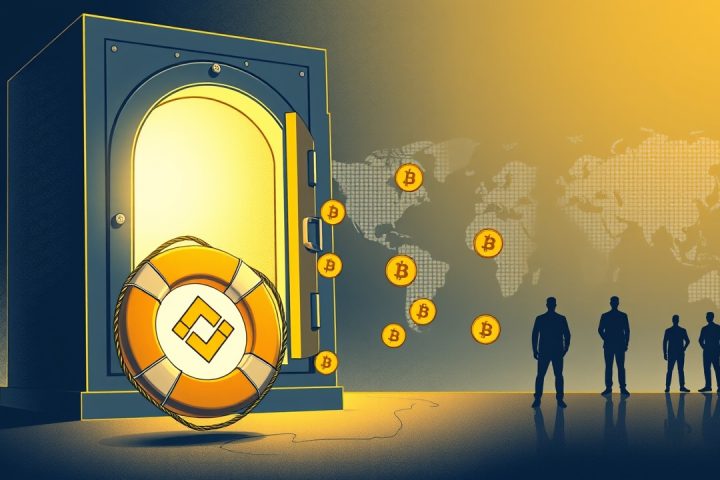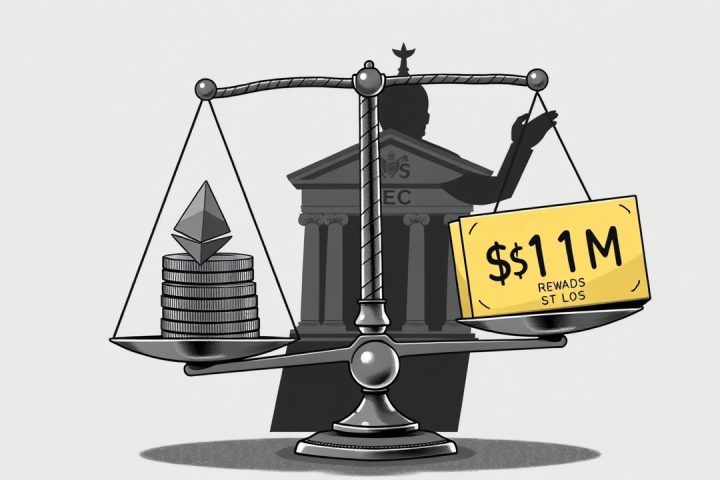Understanding Cryptocurrency
If you’ve been following YouTubers or hearing buzz about digital assets, you might be confused about the significant sums being exchanged online—like your favorite vlogger purchasing a virtual sneaker for a price that could fund new gaming gear. Or perhaps you’ve had a friend excitedly mention ‘staking ETH’ as if it’s part of a video game strategy. This brings us to the essentials of cryptocurrency and blockchain technology—a beginner’s guide designed specifically for teenagers, crafted without the complicated jargon or the need for a finance degree.
What is Cryptocurrency?
Welcome to the realm of cryptocurrencies, where virtual currencies like Bitcoin and Ethereum are reshaping the concept of money and ownership. At its core, cryptocurrency is a form of money that exists entirely in digital form, unlike traditional cash or coins, and it’s not regulated by governments or financial institutions. Instead, it relies on a decentralized network—a system that consists of numerous computers worldwide maintaining a shared ledger known as the blockchain.
To simplify, think of the blockchain as a massive digital notebook that records every transaction transparently. When you or anyone else sends or receives crypto, it gets logged in this notebook, ensuring no data can be altered without consensus from the network, which adds a layer of trust and security.
Bitcoin and Ethereum
Bitcoin, the pioneer of the crypto movement, boasts a finite supply of 21 million coins, akin to digital gold. Its scarcity fuels its perceived value, especially in regions where local currencies fluctuate. Ethereum, on the other hand, introduces more functionality; beyond being a digital asset, it supports applications and smart contracts, allowing users to create digital art (think NFTs), transact in games, and engage in social platforms where users maintain control.
Why the Excitement?
Why the excitement around cryptocurrencies? Their unique attributes offer much more than just a means to spend money—they enable a rethinking of traditional ownership and value. You can purchase everything from snacks to virtual assets with tokens that hold real-world worth. For instance, if you’re into gaming, cryptocurrencies create opportunities to earn while playing, trade unique in-game items, or invest in blockchain-powered experiences.
Your First Steps
To start exploring cryptocurrency confidently, you’ll need a digital wallet—a secure application that stores your digital currency. This is not a physical wallet; think of it as your personal vault on your phone or computer, controlled by two keys: a public key (like your address for receiving coins) and a private key (your secret code for making transactions—never share this with anyone!).
If you’re eager to dip your toes into this new landscape, make sure to team up with an adult if you’re under 18, as many exchanges require users to be of legal age. Check for reputable platforms, and you can buy fractional units of a coin without needing a whole Bitcoin. Wallets like Coinbase and Kraken can help you get started with ease.
Staying Safe in the Crypto Space
However, exercise caution. The crypto space can attract scam artists, similar to how free pizza lures students in a cafeteria. If someone claims they can double your crypto with a single click, that’s a scam. Always verify apps by downloading them from trusted sources and be vigilant about your wallet’s private key—never disclose it, not even to supposed tech support.
Key Terms to Know
Additionally, as you navigate this digital currency landscape, familiarize yourself with some common terms:
- Blockchain: The secure, unchangeable digital ledger recording all transactions.
- Wallet: The app or device for storing and managing your crypto.
- Gas Fees: Charges for processing transactions in the network, akin to a toll on a highway.
- HODL: A slang term meaning to hold onto your cryptocurrency for a long time, regardless of price fluctuations.
Final Thoughts
As you embark on your crypto journey, it’s vital to remain inquisitive yet cautious. The technology is rapidly evolving, and platforms and trends will shift continually. Keep an eye on trustworthy content creators who explain the intricacies of the crypto world in a way that resonates with you; they can help clarify concepts and keep you updated on new developments.
In conclusion, you now have a foundational understanding of cryptocurrencies, which can open new avenues for creativity, investment, and community involvement in a digital landscape. So, embrace this exploratory phase; the world of Bitcoin, Ethereum, and beyond awaits you with countless opportunities.

















